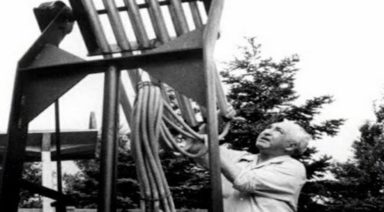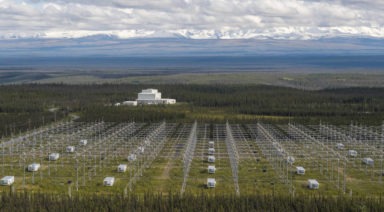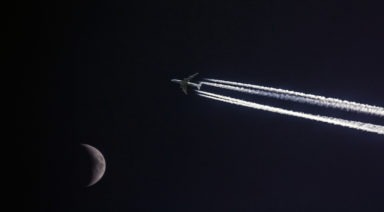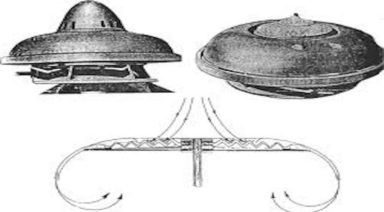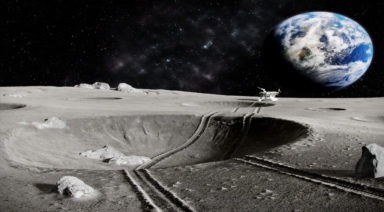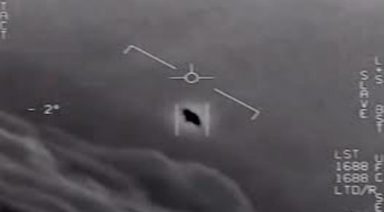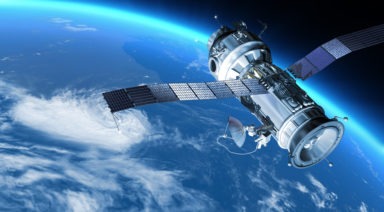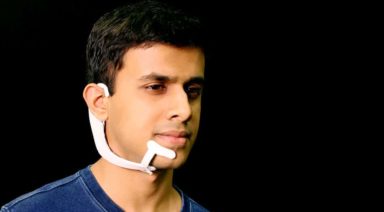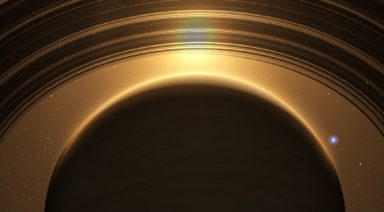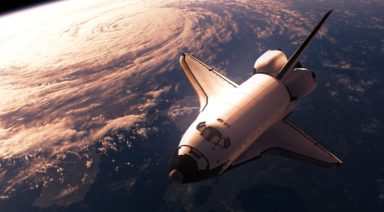Biotech Company To Send Woman to Space to Birth First E.T. Baby
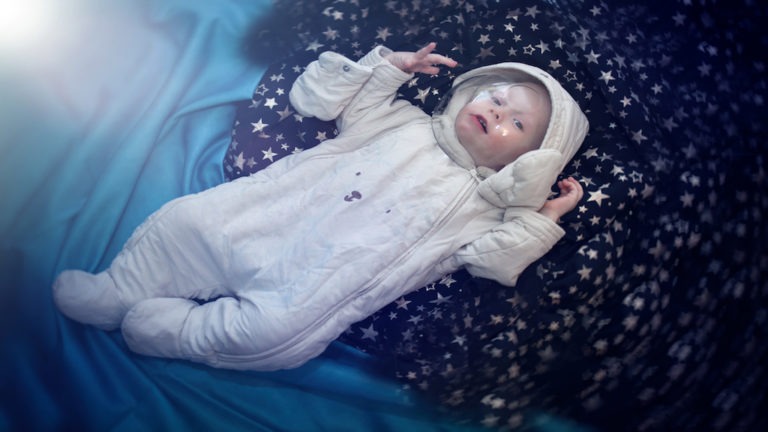
There’s a long list of activities expecting mothers are typically told to avoid and often they’re pretty mundane; prolonged physical activity, amusement park rides, and getting a tattoo. Not included on this list – because any sane human would consider it to be pretty much implied – is space flight. But now a biotech company called SpaceLife Origin, wants one lucky lady to cast those overly cautious maternal instincts aside and take a trip into the exosphere, so she can give birth to the first (technically) extraterrestrial child.
SpaceLife Origin is founded on the premise that humans are getting close to colonizing other planets and that Earth is becoming an increasingly hostile environment, due to climate change and other unnamed threats. Accordingly, its founders set up a series of missions that involve launching the precursors of life into space over the next few years, and eventually launching a pregnant woman into space to give birth by 2024.
Their first launch, planned for 2020 and titled Mission Ark, is being marketed as mankind’s ultimate insurance policy, offering individuals the ability to store their “Seeds-of-Life” in a satellite hovering in low-earth orbit for the next several decades. Those with the means to afford it can buy themselves piece of mind, knowing their potential progeny will be stored safely off-planet, impervious to any anthropogenic or natural disasters down here amongst us plebeians.
Their second project, set to launch in 2021 and titled Mission Lotus, involves the first attempt to conceive a human being in space – though not by traditional means. Human egg and sperm cells will be launched up to a space station, where they will be used to artificially create an embryo that will mature for a few days, before being returned to Earth, where gestation will continue inside the mother. Nine months later, she will give birth to the first child conceived off planet.
Finally, Mission Cradle hopes to enact the first birth of a human being in space, technically creating the first “extraterrestrial” baby ever. But how would they get a pregnant woman into space without the G-forces, radiation, and other extreme conditions affecting her unborn child? And what about the trip back? All great questions.
SpaceLife says it’s possible though, and that it’s necessary for us to learn the technical aspects of this process if we ever want to colonize distant planets.
“It’s a small step for a baby, but a giant baby-step for mankind,” said Dr. Egbert Edelbroek, SpaceLife Origins Chief Strategy & Innovation Officer.
It’s hard to tell if the company has achieved the necessary funding, partnerships with space agencies, or humans willing to donate their seeds, but if we had to guess, the latter part of that equation is likely the easiest box to check.
SpaceLife’s website includes a promotional video that shows the evolution of mankind’s achievements in a quick montage of stock images, followed by a video of Elon Musk speaking at a SpaceX event. It’s unclear whether the company is actually in talks with Musk, but it’s obvious they’re at least trying to give him a nudge to recognize their lofty plan.
Unsurprisingly, the tentative space nation Asgardia, has expressed its support of SpaceLife’s plan, as it too, hopes to pioneer a number of firsts in space, including a space station that would support an entire nation. But as idealistic and romantic as this all sounds, it always leads one to wonder whether these futurists have the interests of the people in mind, or whether they’re only considering the upper echelon of society.
For more on the potential existence of an elite plan to covertly colonize our solar system, watch this episode of Deep Space:
Stephen Hawking's Last Warning: Superhumans May Conquer Humanity

CRISPR, the new technology that allows scientists to genetically edit our DNA, will be the end of normal humans, according to Stephen Hawking in his final publication Brief Answers to the Big Questions.
Before his passing, Hawking penned a series of essays on his final research, which included a few cautionaries for our future. He prefaced his musings with an upbeat recollection of his storied career, but his warnings proved incredibly depressing. Namely, the fact that he believed genetically modified superhumans will eventually rule our species, elbowing out the rest of us naturally born plebeians.
Of course, these observations went beyond Hawking’s traditional field of study, though they were corollaries to the work of an astrophysicist who aimed to define some of the deeper questions about our existence.
But whether or not you agree with his adamantly atheist, parting claim that God doesn’t exist, it’s easier to sympathize with his fear that designer humans with superior genetics may be around the corner and may exacerbate the ever-expanding crevasse of inequality in the world.
“Once such superhumans appear, there are going to be significant political problems with the unimproved humans, who won’t be able to compete,” Hawking said. “Presumably, they will die out, or become unimportant.”
Forget your fears of automation putting people out of work, superhumans will make us all obsolete anyway. But is this really a legitimate threat or another dystopian, sci-fi fantasy? We’d like to have more faith in humanity and believe it’s the latter.
CRISPR is certainly making leaps and bounds in genetic engineering, specifically to cure untreatable disease and prevent genetic mutations, but many are worried the technology will soon be used to create designer babies. Hawking feared this prospect, despite the fact that its premise is based on distant, unproven possibilities and a lack of faith that those with access to the technology actually have ethics.
Hawking also fails to recognize the fact that the same science and ethics that created the technology which allowed him to continue his work – and continue to live for that matter – is what lead to CRISPR in the first place. Put simply, the potential biomedical breakthroughs from CRISPR technology are likely to prevail over the pessimistic dystopian possibilities he put forward.
For more on how technology is allowing us to become superhuman in a less dystopian way, check out this documentary with Dr. Jordan Nguyen, Becoming Superhuman:







